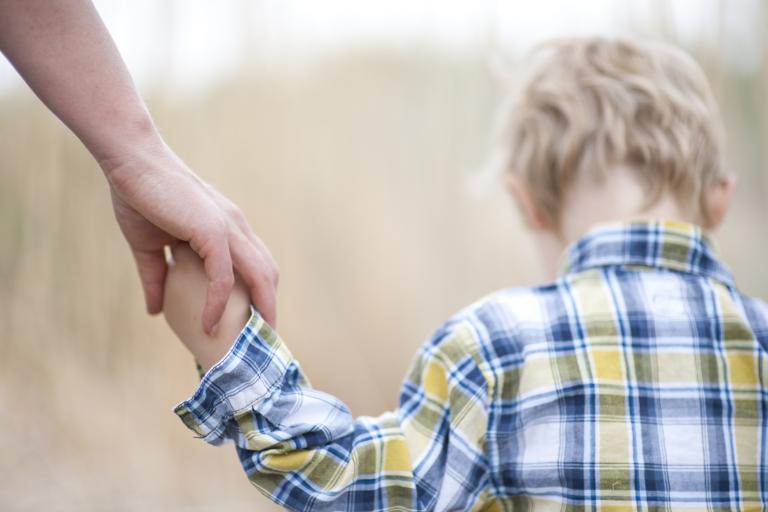Maybe you’ve seen some of the recent news stories I’ve read. The headlines look something like this:
Brent has autism, but he’s great at building furniture.
Shelly has Down syndrome, but she made the cheerleading squad.
This actor has cerebral palsy, but stars in TV show.
I love what these young people are accomplishing. What I don’t love are the buts in each sentence.
When my son James was first diagnosed with autism, I was stuck in a world of buts. I would tell the teenager I was calling to see if she could babysit, “He has autism, but he is well behaved.” I’d tell the Sunday school teacher, “He has autism, but he’s pretty easy going.” I’d tell his new teacher at the IEP meeting, “He has autism and sensory processing disorder, but he loves puzzles, counting, and being tickled.”
I realized my buts weren’t really helping him.

Those with special needs aren’t accomplishing things in spite of their challenges, but because of who they are, and part of who they are includes their disabilities.
What if we changed the headlines to look like this:
Brent has autism, and…
Shelly has Down syndrome, and…
This actor has CP, and…
I’ve learned to use “and” instead of “but” when talking about James, and it’s helped me be more positive about the present and optimistic about the future.
Sandra Peoples is a pastor’s wife and mom to two boys. She’s the author of Held: Learning to Live in God’s Grip (a Bible study for special-needs parents) and the upcoming new release, Unexpected Blessings: The Joys and Possibilities of Life in a Special-Needs Family.












